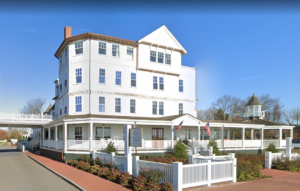Mass. AG Clamps Down on Local Solar and Battery Storage Moratoria
Late last year, pursuant to her review authority under M.G.L. c. 40, § 32, then-Attorney General (now Governor) Maura Healey (the AG) issued a decision disapproving the Town of Carver’s moratoria on large-scale solar projects and battery storage systems. The grounds for the decision were straightforward and well-supported: citing the Supreme Judicial Court’s June, 2022 decision in Tracer Lane II Realty, LLC v. City of Waltham (see our blog post on that important opinion), and case law disfavoring moratoria generally, the AG determined that Carver’s moratoria violated M.G.L. c. 40A, § 3 (Section 3) by unlawfully restricting solar and battery storage systems “with no articulated evidence of an important municipal interest, grounded in protecting the public health, safety, or welfare […] sufficient to outweigh the public need for solar energy systems.” The AG found that instead of promoting the policy behind Section 3, the moratoria “undermined the state policy favoring solar energy” and that the town’s interest

 The Edgartown zoning board posted and published notice of the hotel’s application and claims to have sent notice by mail to abutters and other parties-in-interest as required by
The Edgartown zoning board posted and published notice of the hotel’s application and claims to have sent notice by mail to abutters and other parties-in-interest as required by